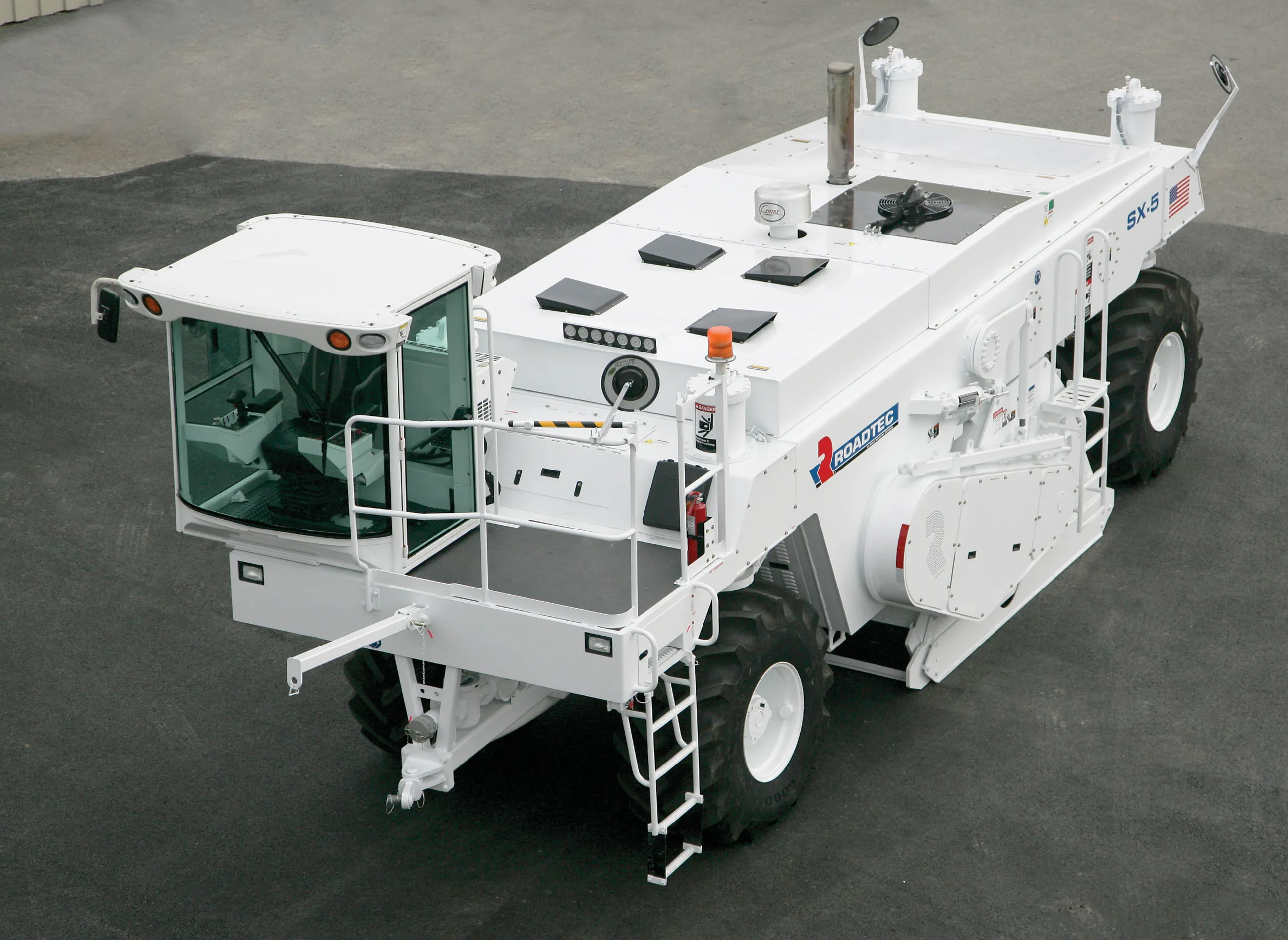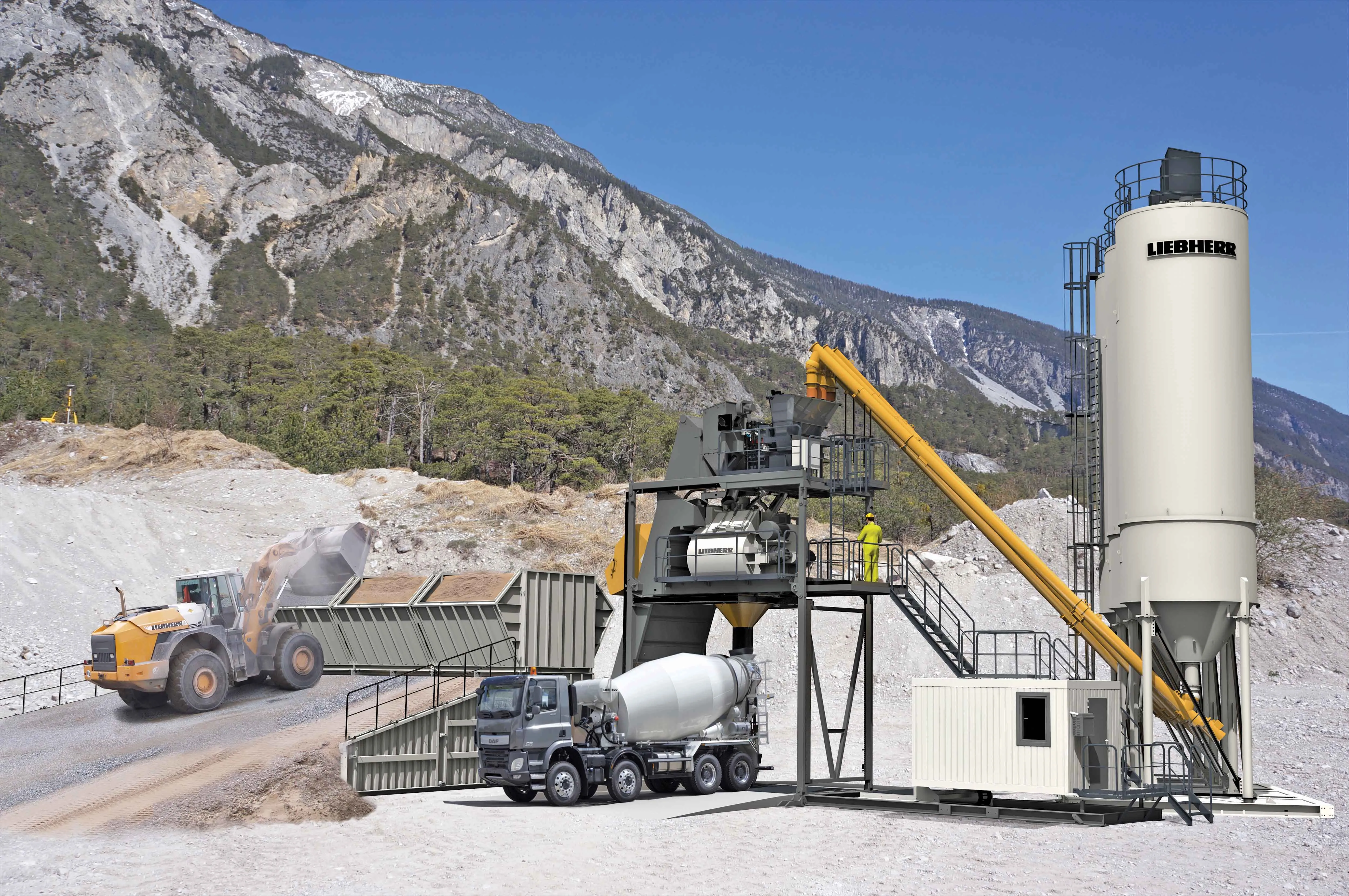Concrete batch mixing company Carmix has developed what amounts to what the company calls a portable analysis laboratory, the Promix
Promix is a measuring instrument composed of a stainless-steel gauge housed inside a cement mixer. It is powered by a solar panel and has a display in the driver’s cabin that receives information in real time.
December 4, 2015
Read time: 2 mins
Concrete batch mixing company 8074 Carmix has developed what amounts to what the company calls a portable analysis laboratory, the Promix
Promix is a measuring instrument composed of a stainless-steel gauge housed inside a cement mixer. It is powered by a solar panel and has a display in the driver’s cabin that receives information in real time.
Carmix, based in Venice, Italy, said the ability to monitor numerous parameters quickly and effectively allows direct control over product quality and ensures that the right quality is maintained over time and for every batch.
The Promix sensor provides data regarding slump, temperature, humidity, and cement-mixer rotation speed, as well as featuring a 'mix-ready' indicator. Data is updated every 10 seconds and sent to the receiver that, through an intuitive display, gives the operator details of all parameters of the concrete being prepared. Promix’s information can be saved to an external computer or sent to other mobile devices over the GPS network.
Having instant data to assess durability, workability and resistance becomes a competitive factor, because it eliminates the time necessary for analysis and allows preparation of concrete that is perfectly in line with legislation or with the particular requests of clients.
The unit is available for Carmix’s 5.5XL unit, a self-loading four-wheel drive concrete mixer that has a 7,600-litre drum and 600-litre loader. It is also available for the 2.5TT and 3.5TT models.
By using it with Carmix’s Load Cells weighing system, already available on request, the client gets a stand-alone plant for producing concrete directly on site.
Promix is a measuring instrument composed of a stainless-steel gauge housed inside a cement mixer. It is powered by a solar panel and has a display in the driver’s cabin that receives information in real time.
Carmix, based in Venice, Italy, said the ability to monitor numerous parameters quickly and effectively allows direct control over product quality and ensures that the right quality is maintained over time and for every batch.
The Promix sensor provides data regarding slump, temperature, humidity, and cement-mixer rotation speed, as well as featuring a 'mix-ready' indicator. Data is updated every 10 seconds and sent to the receiver that, through an intuitive display, gives the operator details of all parameters of the concrete being prepared. Promix’s information can be saved to an external computer or sent to other mobile devices over the GPS network.
Having instant data to assess durability, workability and resistance becomes a competitive factor, because it eliminates the time necessary for analysis and allows preparation of concrete that is perfectly in line with legislation or with the particular requests of clients.
The unit is available for Carmix’s 5.5XL unit, a self-loading four-wheel drive concrete mixer that has a 7,600-litre drum and 600-litre loader. It is also available for the 2.5TT and 3.5TT models.
By using it with Carmix’s Load Cells weighing system, already available on request, the client gets a stand-alone plant for producing concrete directly on site.








